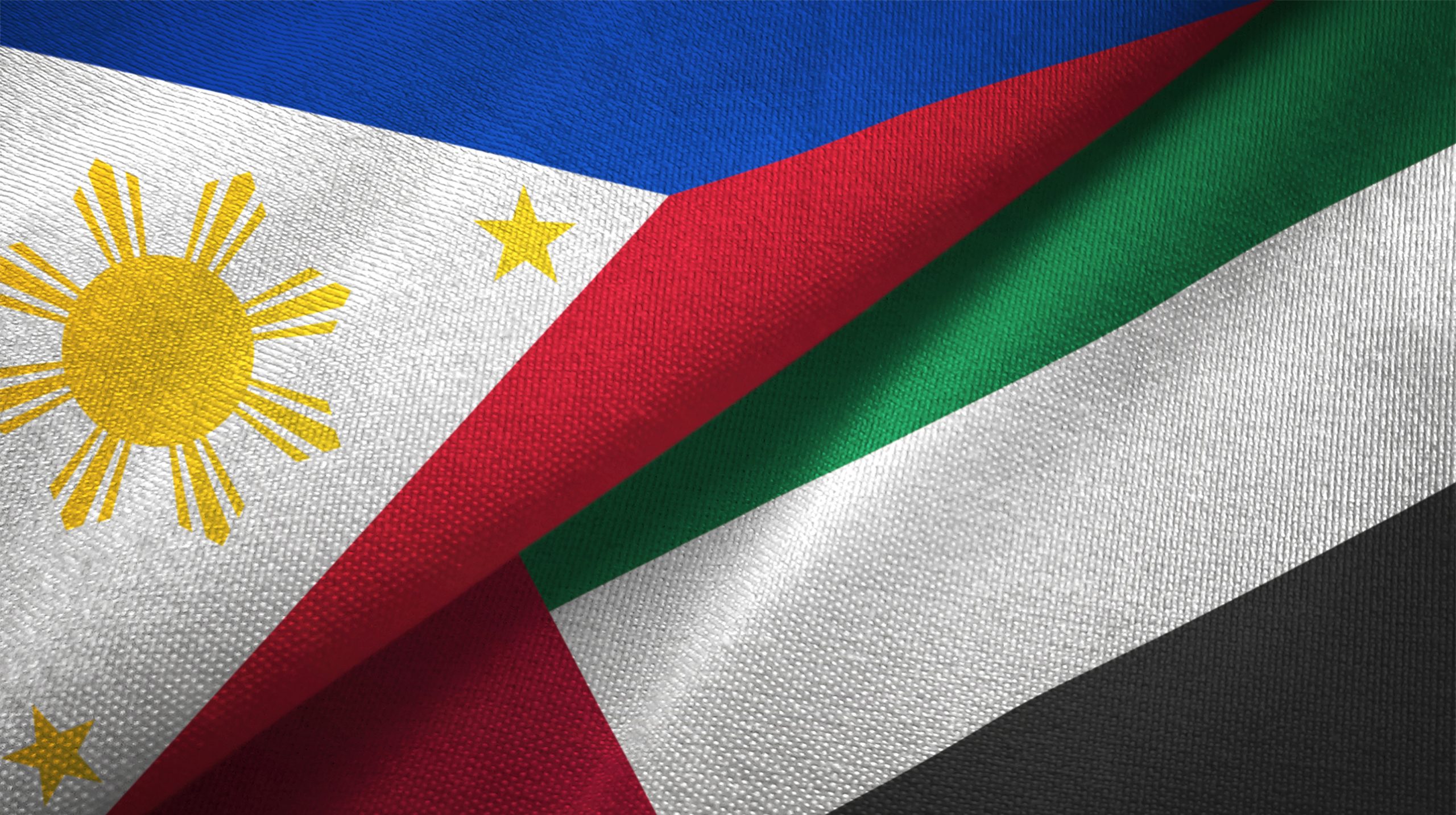Local sugar millers and glass manufacturers in the Philippines have expressed concerns about the potential impact of the proposed Comprehensive Economic Partnership Agreement (CEPA) between the country and the United Arab Emirates (UAE) on their industries.
The local industries are calling on the government to look into the sensitivity of sugar and glass products and to review their inclusion in the free trade agreement.
In a public consultation of the PH-UAE CEPA at the Tariff Commission on Aug. 30, Department of Trade and Industry (DTI) – Export Marketing Bureau Director Bianca Sykimte confirmed that part of the UAE’s interest in the Philippines is the exports of sugar and glass products.
Sykimte said the Philippine negotiating team is eyeing to offer UAE with zero tariffs for products that are “not locally produced or locally produced but not in sufficient quantity,” by 2025.
This might include products like pure lactose, maltose, glucose and fructose, in solid form; sugar syrups not containing added flavoring/coloring; and artificial honey and caramel.
According to DTI, the Philippines’ annual average import of these products amounted to USD 83.13 million between 2019 and 2022.
Local sugar millers, represented by Cocoy Barrera of the Philippine Sugar Millers Association, have requested that raw and refined sugar be excluded from the PH-UAE CEPA. They are concerned that the UAE, which has large sugar refineries, could start exporting refined sugar to the Philippines.
“Although (the) UAE has no agricultural sector to speak of, it has some of the world’s largest sugar refineries. In fact, the two biggest, if I can recall, are Al Khaleej and Emirates. And their procedure is they import raw and export refined to the world markets. So, they can export sugar refined to the Philippines,” Barrera said.
“It would be incongruent that the government is spending so much through the Sugar Exchange Industry Development Act for the development of this industry while we are opening it to potential importation from another source,” he added.
Similarly, glass manufacturers, represented by Anthony Cabrera and Rommel Dino of the Glass Manufacturers Association of the Philippines, Inc. (GMAPI), are worried that zero tariffs on glassware from the UAE could lead to an influx of UAE glass products into the Philippine market, negatively affecting local producers, especially those in the pharmaceutical and beverage industries.
“And this is very specific on the glass containers, which are being used by the beverage, liquor, and the pharmaceutical industries in the Philippines. And as mentioned by my colleague, Mr. Cabrera, this has affected the local manufacturers, particularly the pharmaceutical industry,” Dino said.
The DTI is accepting position papers from concerned parties until September 4, and the next round of CEPA negotiations is scheduled for September 16-18. Both countries aim to conclude the talks by the end of the year, coinciding with the 50th anniversary of their diplomatic relations.




